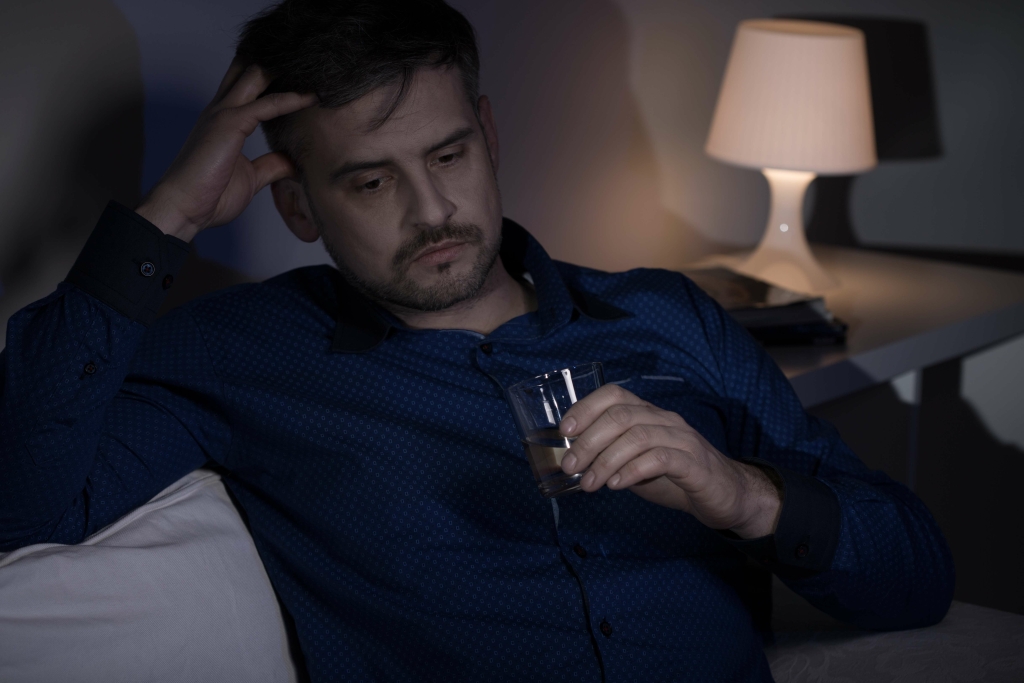If you know someone who has first-hand knowledge of the program, it may help to ask about his or her personal experience. Additionally, medications are used to help people detoxify from drugs, although detoxification is not the same as treatment and is not sufficient to help a person recover. Detoxification alone without subsequent treatment generally leads to resumption of drug use.
Medical and non-medical addiction specialists
If you want to take steps to get treatment for your AUD, make an appointment with your doctor. They’ll likely ask you a series of questions to determine the severity of your dependency. These questions can also help them determine https://newshead.ru/rossiyane-priznalis-chto-lechat-koronavirus-opasnymi-metodami/ the best treatment option for your needs. The road to recovering from AUD can be a long process that requires various treatments or therapies. Alcohol use disorder (AUD) is a mental and physical dependence on alcohol.
Resources for Health Professionals

Find the latest NIH and NIMH policies, guidance, and resources for clinical research. Explore the NIMH grant application process, including how to write your grant, how to submit your grant, and how the review process works. Ultimately, receiving treatment can improve your chances of success.
- Group meetings are available in most communities at low or no cost, and at convenient times and locations—including an increasing presence online.
- Find and compare providers for mental health and substance use disorder services near you.
- They can help answer questions, provide encouragement, and direct you to support resources.
Medical Professionals
Find and compare providers for mental health and substance use disorder services near you. These providers can help to help treat conditions like depression, anxiety, or substance use http://www.out-football.com/devid-bekxem-stal-licom-zhurnala-mens-health-v-marte.html disorders. Some providers may offer these services via telehealth, which allows you to communicate in real-time with your health care provider without going to the doctor’s office.
Combined with treatment led by health professionals, mutual-support groups can offer a valuable added layer of support. Three medications are currently approved in the United States to help people stop or reduce their drinking and prevent relapse. They are prescribed by a primary http://www.dragonlance.ru/talk/guestbook/index.php?q=1&p=51 care physician or other health professional and may be used alone or in combination with counseling. Overcoming an SUD is not as simple as resisting the temptation to take drugs. Like many other chronic conditions, treatment is available for substance use disorders.
Preventive screenings & counseling
- Download, read, and order free NIMH brochures and fact sheets about mental disorders and related topics.
- Research has found several behavioral therapies that have promise for treating individuals with co-occurring substance use and mental disorders.
- It involves family and friends and sometimes co-workers, clergy or others who care about the person struggling with addiction.
- If you’re not ready to approach a health care provider or mental health professional, help lines or hotlines may be a good place to learn about treatment.